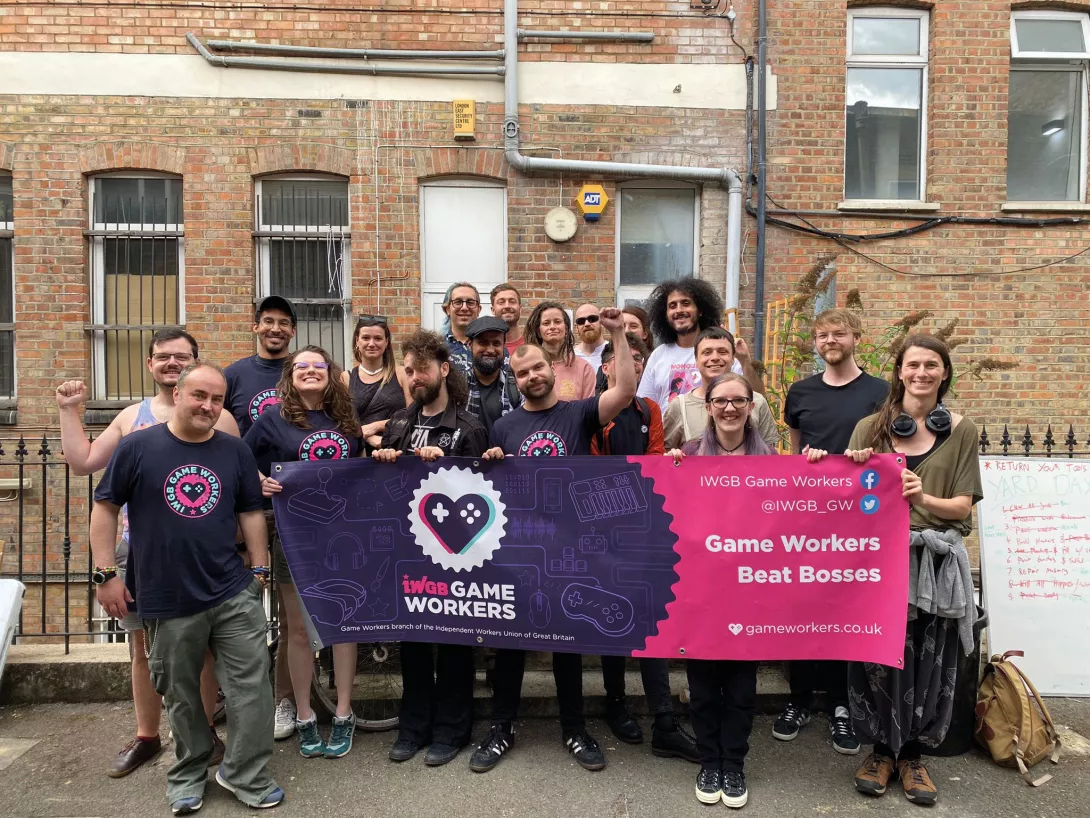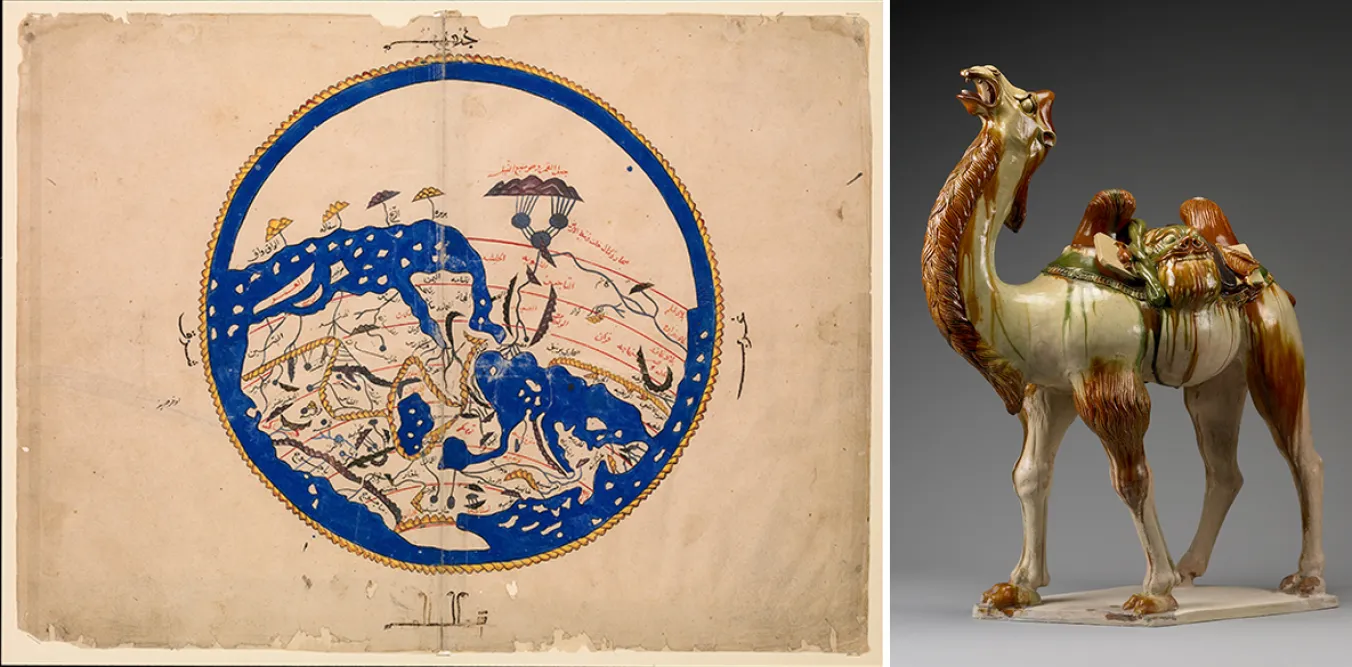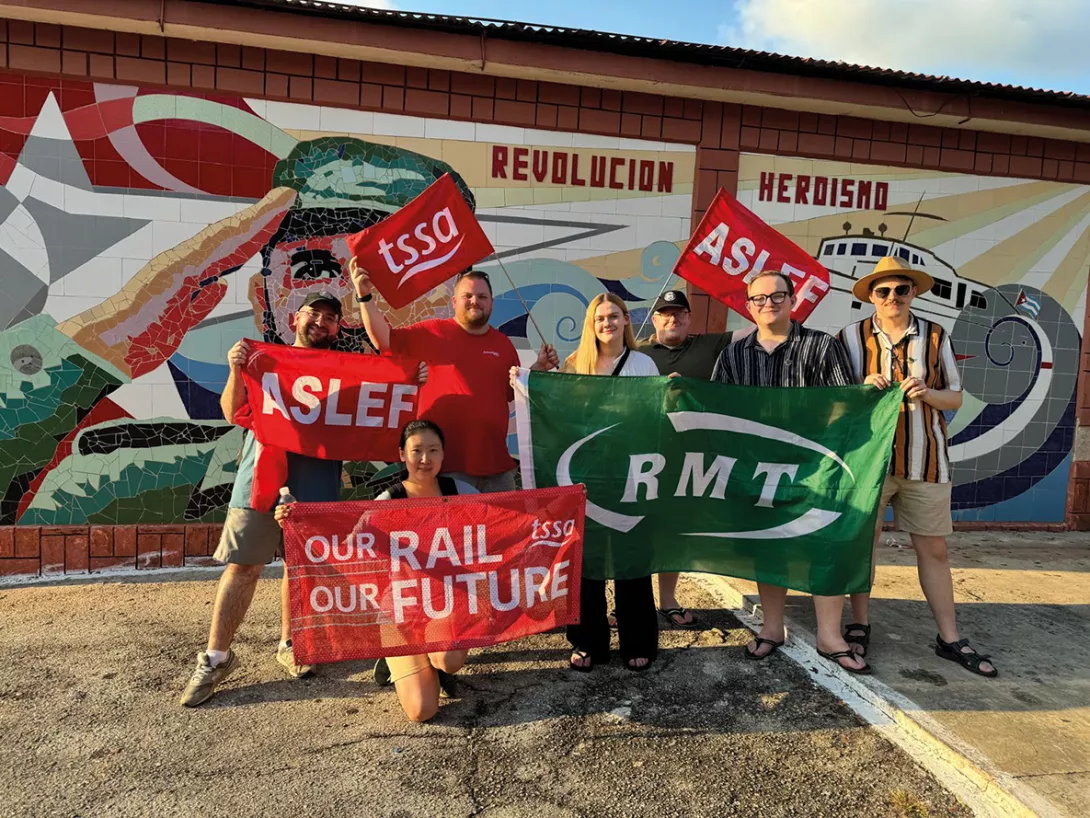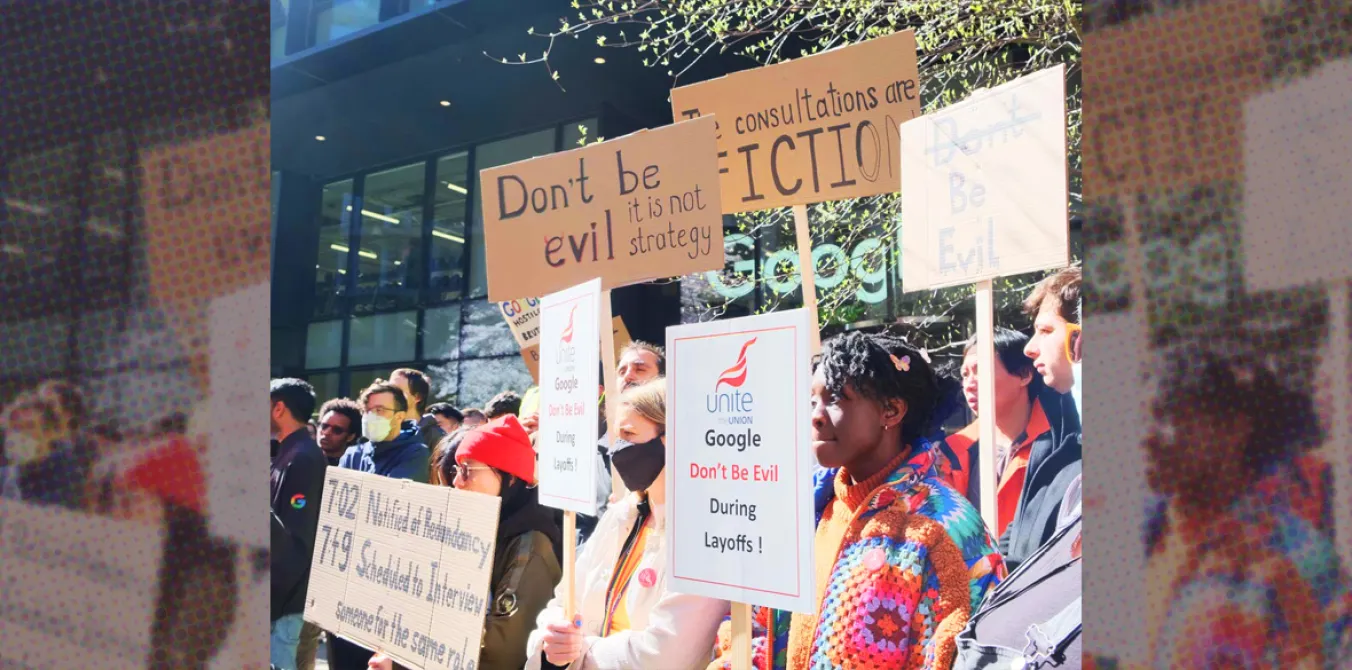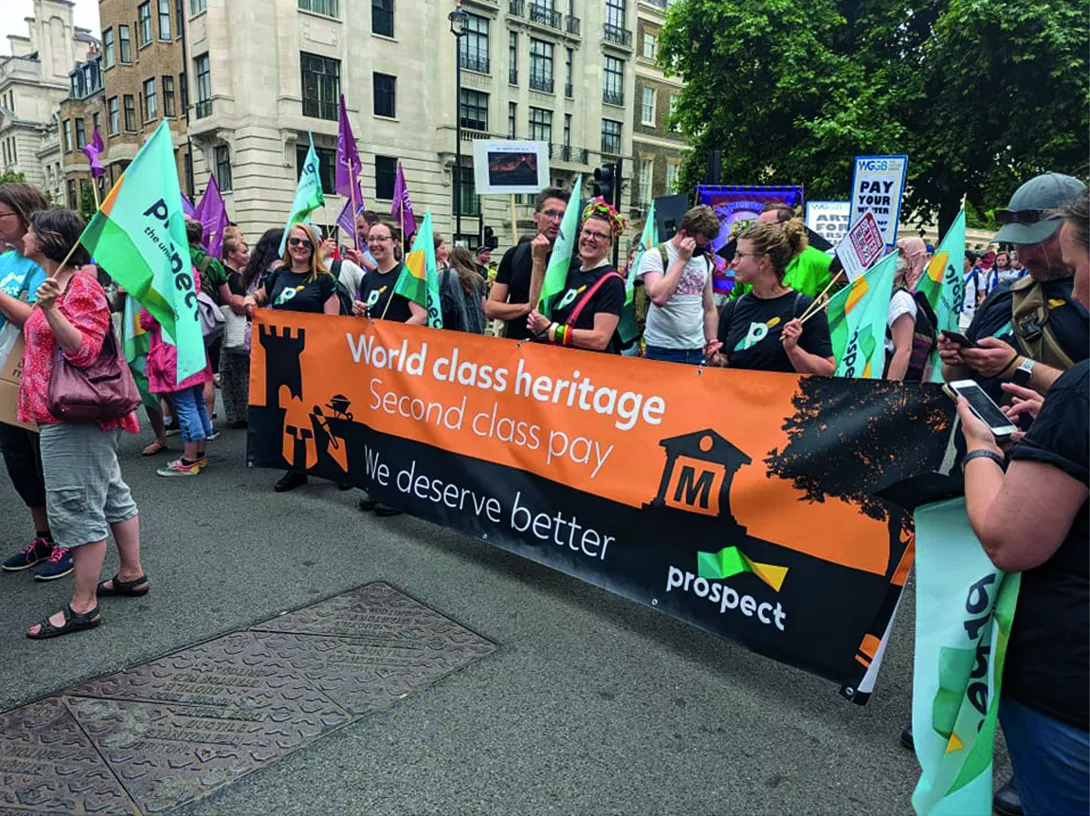
TRADE unionists are often accused in living in the past by sections of the hostile right-wing press, but in the tough working conditions of the 2020s even those who dig up the past are unionising — and threatening to down trowels. Far from living an Indiana Jones style high life, archaeologists are facing multiple pressures including low pay, poor site safety, bullying and forced overtime.
Archaeology has, in some quarters at least, a reputation for elitism due to the legacy of the 19th and 20th-century archaeologists who spent months if not years, travelling abroad, particularly in the Middle East, partaking in what today we might consider graverobbing. There was also a class snobbery against self-taught archaeologists such as the working-class Basil Brown and women such as Peggy Piggott who both worked on the Sutton Hoo excavation from the British Museum.
There is also a stereotype of archaeology being full of enthusiastic amateurs — almost a kind of hobby. This therefore justifies low wages — or indeed no wages at all — as many digs rely on volunteers who it is believed should just be grateful to be there, even if the dig is thousands of miles away from home in southern Europe or the Middle East.
